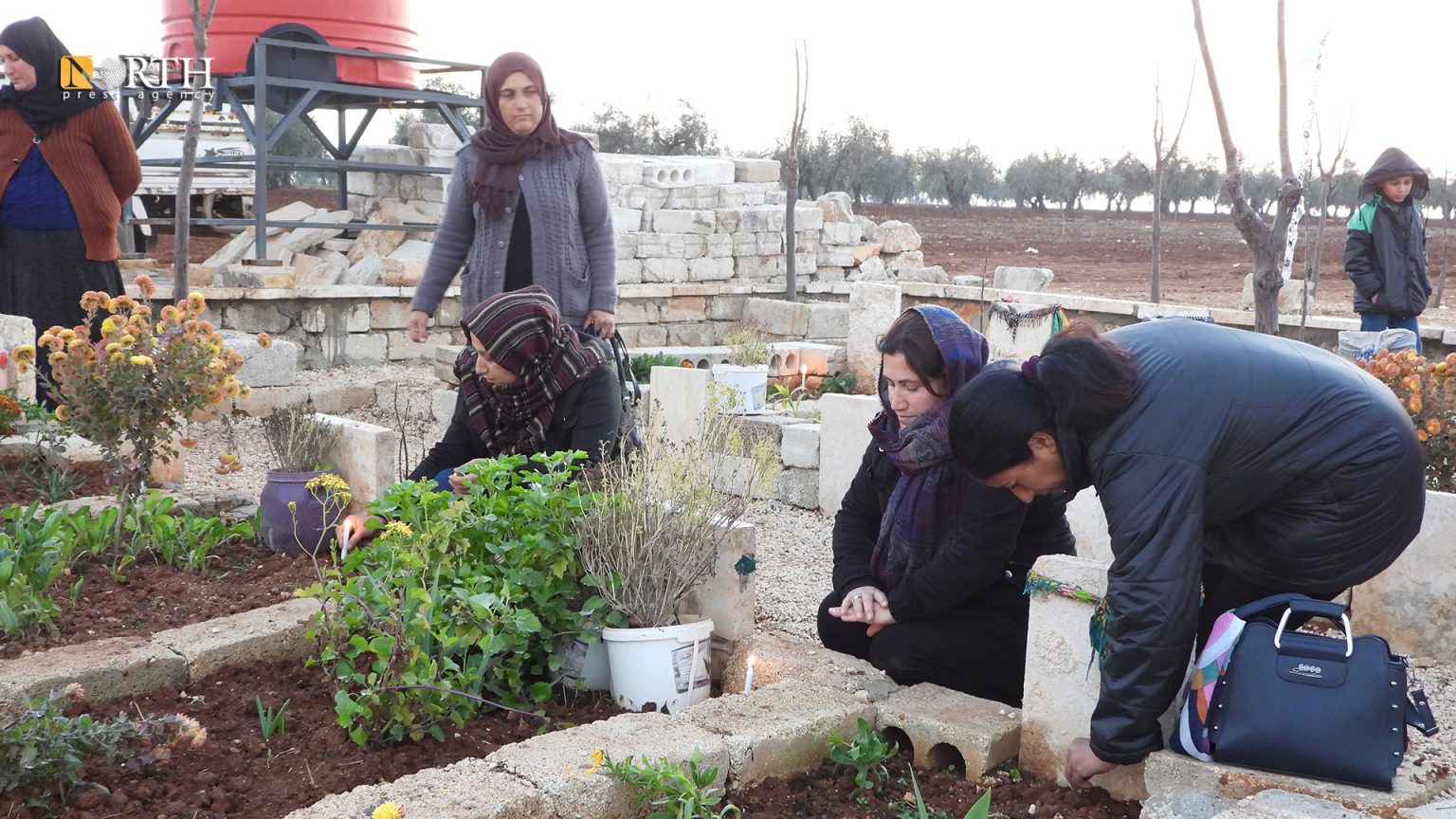Ethnic cleansing of Yezidis continues in Turkish-occupied Syria, say activists and experts
QAMISHLI, Syria (North Press) – On Wednesday, Yezidi activists and American experts and politicians stated that the ethnic cleansing of the Yezidi minority continues in areas of northeast and northwest Syria controlled by Turkey and their affiliated militias.
These statements came during a panel entitled “Yezidis in Iraq & Syria: Genocide, Recovery & Geopolitical Challenges,” held by the US Wilson Center, a non-partisan global policy and research think tank. The panelists included Nadine Maenza, commissioner on the US Commission for International Religious freedom; author and researcher Amy Austin Holmes, Sinjar Academy co-founder and President Murad Ismael; Free Yezidi Foundation Director Pari Ibrahim, and Former US Special Representative for Syria Engagement James Jeffrey.
The panelists commented on the current situation of Yezidis in both Iraq, particularly in the Yezidi homeland of Sinjar, and northern Syria. Regarding Syria, Ismael referred to violations committed against the minority in the Turkish-occupied regions of the country in Afrin – which was invaded in 2018 – and Sere Kaniye, which was invaded in October 2019, as a “gradual ethnic cleansing.”
Holmes, who has visited northern Syria multiple times to document the experience of religious and ethnic minorities, also shared the results of her research into the ethnic cleansing of Yezidis. She added that multiple Turkish-backed groups, including Faylaq al-Sham, Ahrar al-Sharqiya, Sultan Murad, and others occupying 22 Yezidi villages near Afrin, “are trying to destroy the cultural heritage of Yezidis and others in Syria, just like ISIS. Over half of Yezidi shrines in Syria were either destroyed or desecrated. Kidnapped Yezidis and tried to force them to renounce religion and convert to Islam, like ISIS.”
The researcher also mentioned that compared to areas occupied by Turkey, Yezidis had a great deal of safety and religious freedom in areas held by the Syrian Democratic Forces (SDF) in Syria, explaining that “when the Islamic State took over large parts of Syria and established their caliphate, they were unable to launch a genocidal assault on the same scale they had done in Sinjar in Iraq, because most of the Yezidi settlements were protected.”
Like Holmes, Maenza also praised the religious freedom conditions found in SDF-held northeast Syria, calling it a “uniquely promising area in terms of religious freedom conditions,” and condemned the violations committed against Yezidis by Turkish backed groups, which may amount to war crimes and crimes against humanity.
“Turkey’s presence in Northern Syria has facilitated the persistent displacement and ongoing persecution of Yezidis in the area, heaping further abuse on a community that has suffered unimaginably over the last decade,” Maenza said, adding that these factions committing violations against Yezidis and other minorities are supported and commanded directly by Turkey.
The panelists also made recommendations on how to end the persecution of Yezidis in Syria; Murad Ismael called for the withdrawal of Turkish-backed groups from northern Syria, calling the groups “terrorists” and descendants of ISIS and adding that Turkey must be called out for supporting groups that may become “the nucleus for the next generation of terrorism in Syria.” Ismael also suggested an independent investigative team visit Yezidi villages in northern Syria to verify the reports of ethnic cleansing, specifically in the villages in which mosques and Arab Muslim settlements were being built on Yezidi land.
Holmes recommended that the ceasefire agreement formed after the Turkish invasion of Sere Kaniye and Tel Abyad in October 2019 be re-negotiated, this time with input from the SDF, and that the US should sanction Turkey in order to pressure them to control their proxy militias who continue the genocide of the Yezidis.

